In its ruling this August, the Court of Justice of the European Union declared that Italy had violated EU law by classifying certain countries as safe. Viktor Marsai argued that this decision once again demonstrates the activist attitude of the Court, which effectively grants unlimited rights to asylum seekers while overriding the clear and well-intentioned efforts of a member state seeking to make its overwhelmed asylum system more efficient.
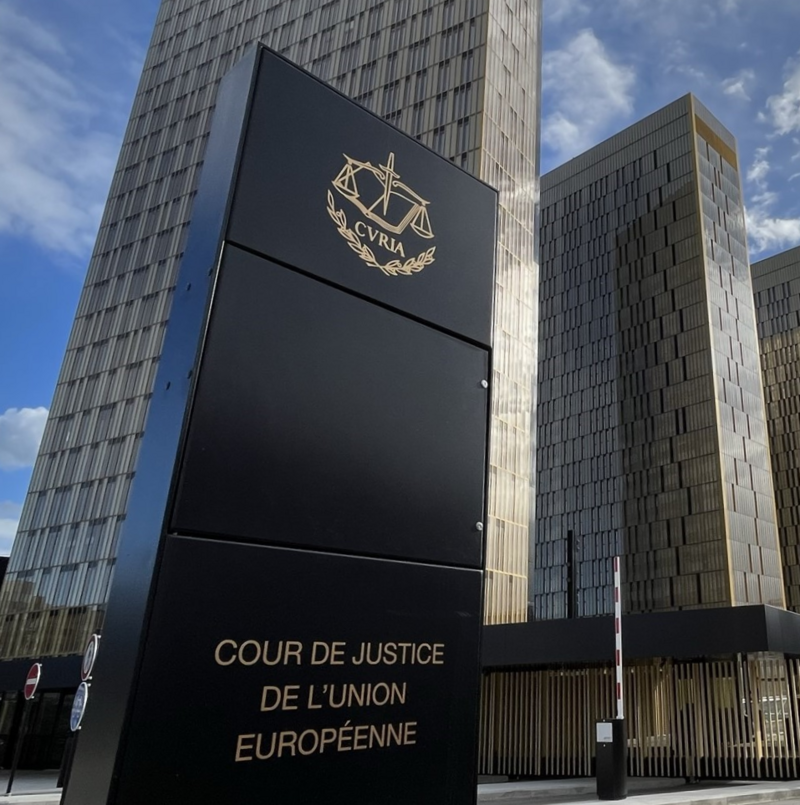
As he explained, the case of the Italian-Albanian centers concerned migrants rescued at sea in international waters, who were to be taken to Albania, where their asylum applications would have been processed in accelerated procedures in reception centers. Only those who came from countries listed as safe third states would have been placed in these centers.
It was never about automatically sending them back — they could still have submitted their applications, but through a fast-track process designed to reduce pressure on the asylum system. Yet even this was rejected by the ECJ. The humanitarian fundamentalism displayed by the Court in recent years continues unabated,
he emphasized.
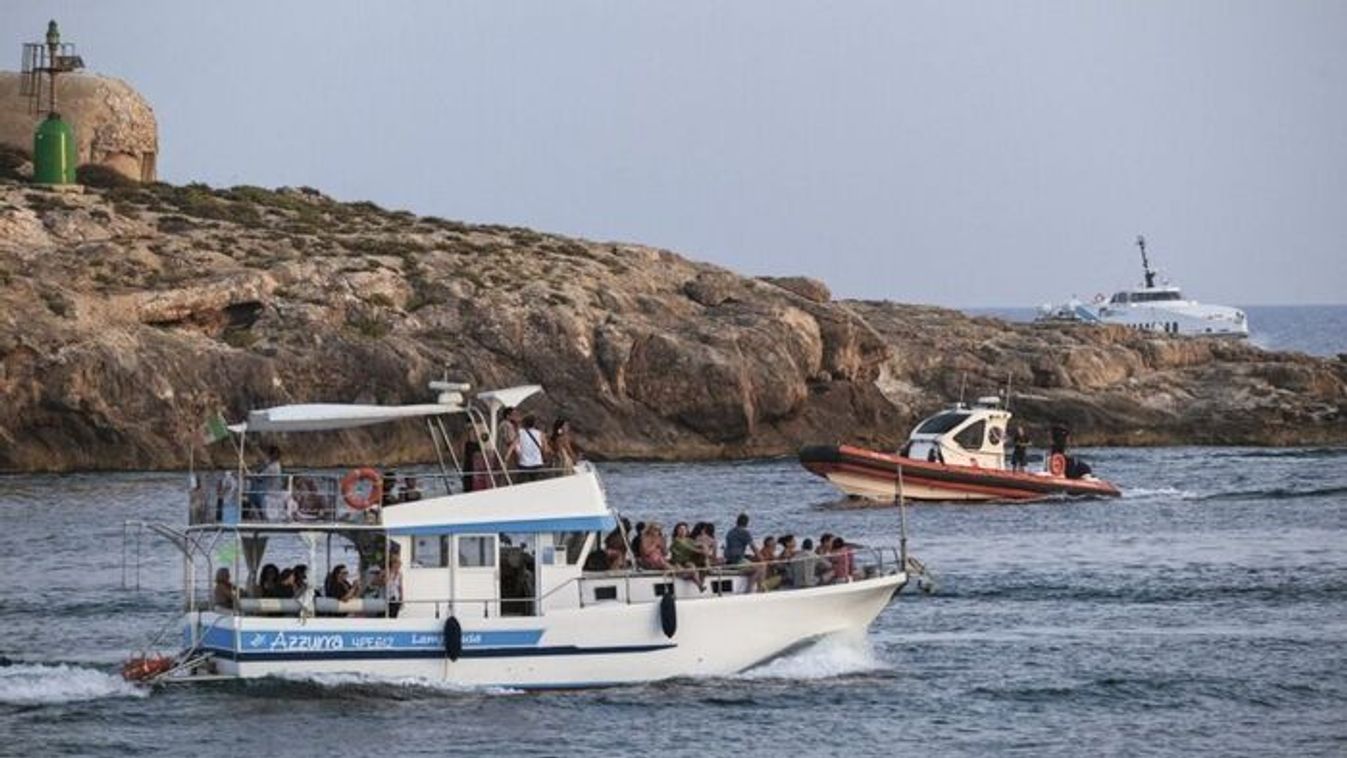

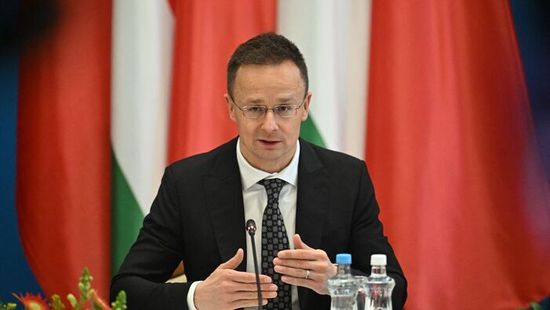
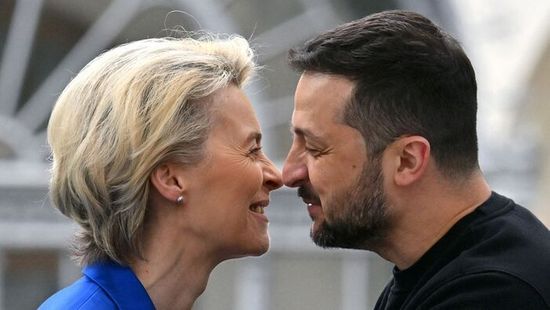
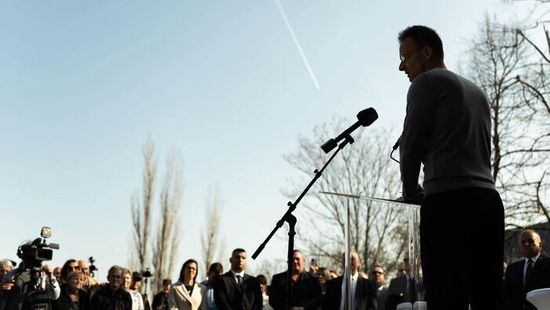









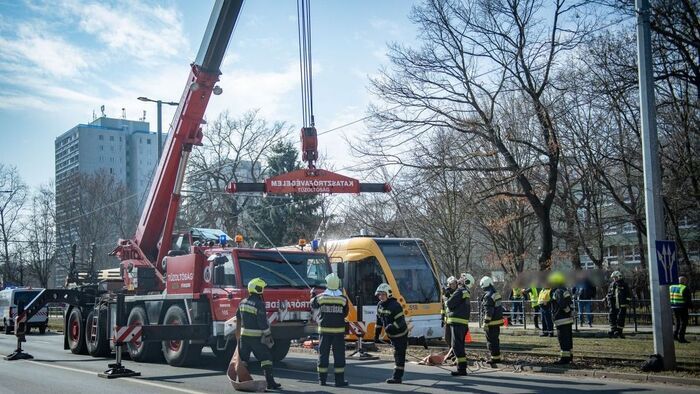
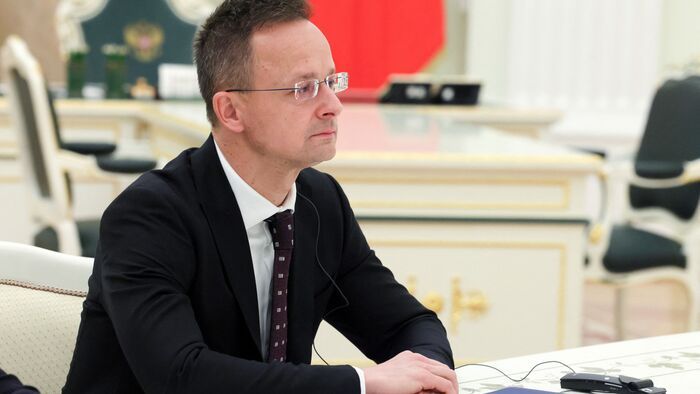
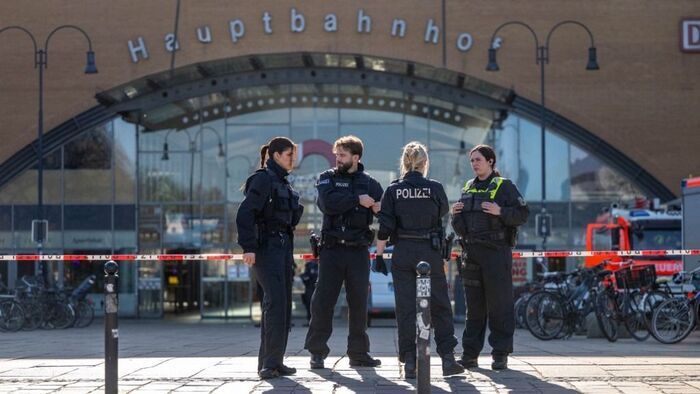
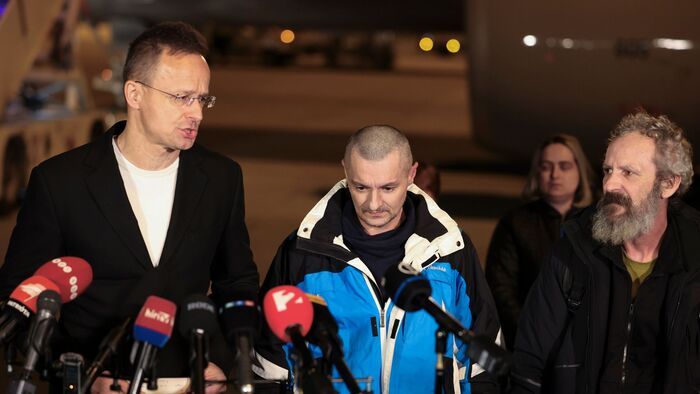
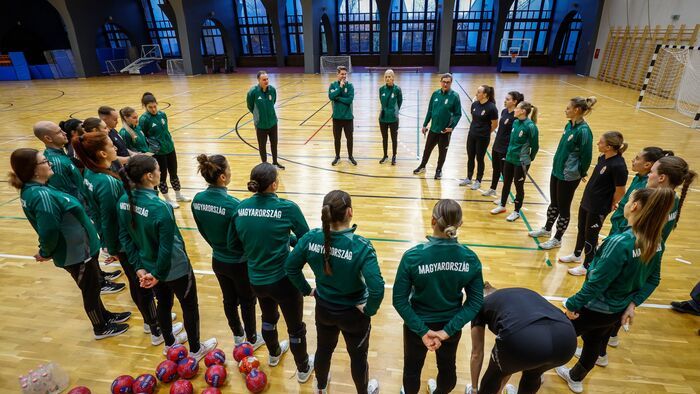
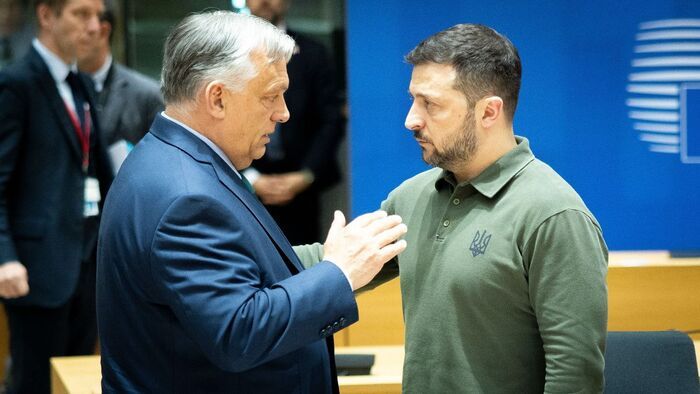


Szóljon hozzá!
Jelenleg csak a hozzászólások egy kis részét látja. Hozzászóláshoz és a további kommentek megtekintéséhez lépjen be, vagy regisztráljon!